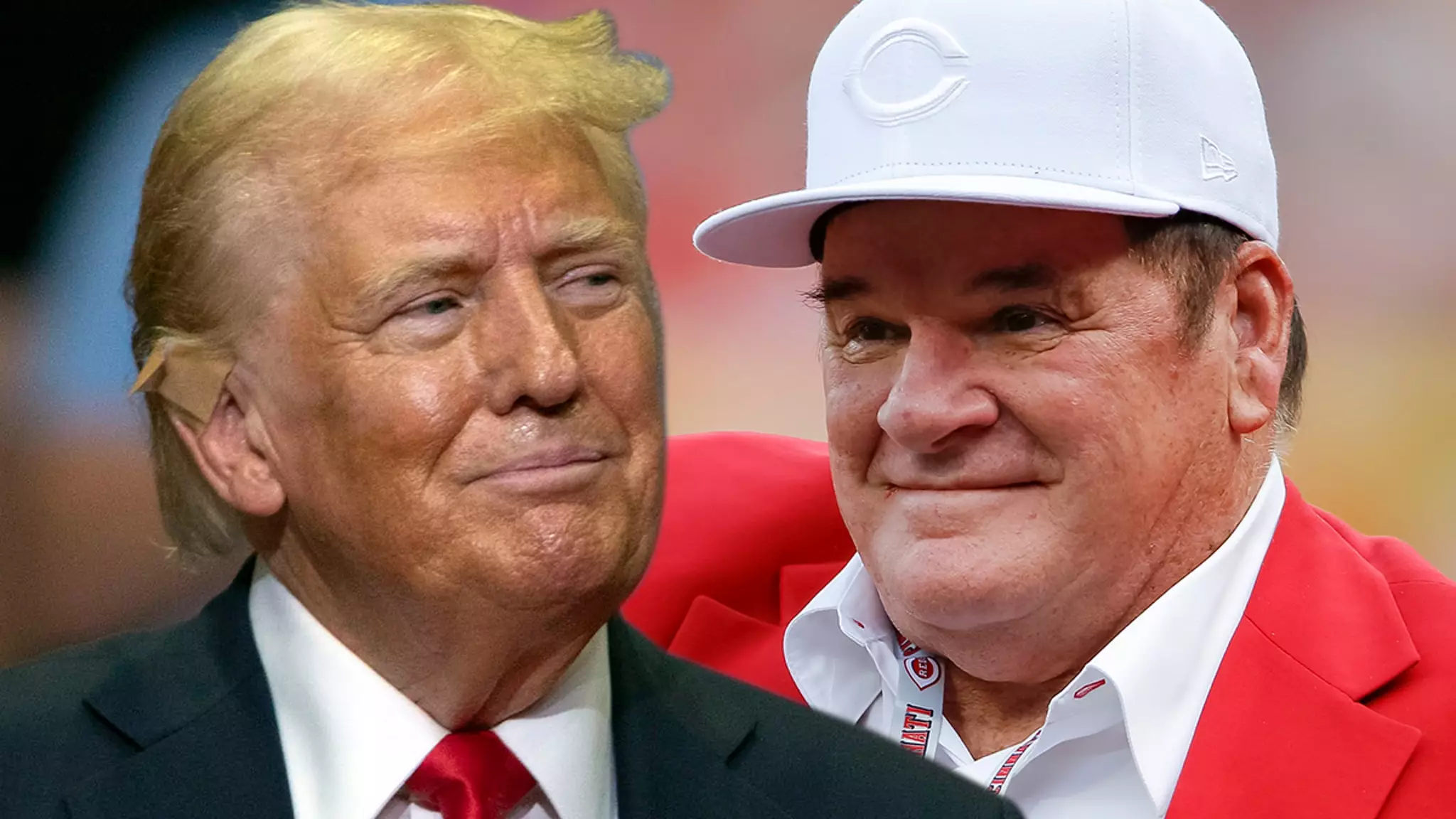Opening day in Major League Baseball (MLB) is a time when fans eagerly anticipate the return of baseball. However, this excitement can often be overshadowed by unresolved issues from the past, such as the exclusion of Pete Rose from the Hall of Fame. Recently, former President Donald Trump ignited this debate again, taking to social media to express his dissatisfaction with the Hall of Fame voters and MLB leadership for not granting Rose the recognition he believes the legend deserves. Trump’s passionate advocacy for Rose serves to illuminate the complexities surrounding this ongoing controversy.
Despite his legendary status as the all-time hits leader, Rose’s exclusion from the Baseball Hall of Fame stems primarily from his admission of gambling on baseball during his tenure as a player and manager. In 1989, an investigation concluded that Rose had bet on games, leading to a lifetime ban from the sport. MLB’s governing bodies have maintained this stance for over three decades, viewing the integrity of the game as paramount. Fans and officials argue that allowing Rose into the Hall would undermine the rules set to preserve the sport’s integrity.
The fallout from Rose’s gambling scandal is a stark reminder of the consequences of compromising the sport’s ethics. While he was an extraordinary player with records that speak for themselves—including being a 17-time All-Star and a three-time World Series champion—his actions turned public sentiment against him. It is a complex situation where his remarkable achievements and significant contributions to baseball collide with the moral implications of his conduct.
Trump’s outcry resonates with a portion of the fanbase that feels Rose’s accomplishments warrant a reevaluation of his status. His comments reflect a wider belief that Pete Rose has undergone enough punishment for his past actions and should be allowed to receive recognition posthumously. The sentiment that Rose was a “better player than most” Hall of Famers adds to the discourse, provoking consideration of whether personal failings should eclipse exceptional talent and on-field achievements.
By stating that MLB is “dying” and should reconsider its stance, Trump is leveraging Rose’s case to draw attention to what he sees as broader issues within baseball, including declining viewership and waning interest in the game. His remarks could stir enough public sentiment to potentially influence a shift in the Hall’s policies.
As the conversation around Pete Rose continues, the question remains: what is the path forward? With Rose’s passing, his chance to experience Hall of Fame recognition is forever lost unless the policies surrounding posthumous honors change. Advocates may increase their efforts in the wake of his death, pushing for a review of Hall of Fame voting protocols.
Ultimately, the saga of Pete Rose reminds us of the fine balance between celebrating athletic greatness and enforcing ethical standards within sports. This debate is emblematic of broader societal questions about redemption, forgiveness, and the legacy we choose to honor. Whether or not Rose will ever be enshrined remains to be seen, but the discussions surrounding his exclusion are sure to persist, ensuring that his name remains a prominent part of baseball history for years to come.

Leave a Reply